Medical Marijuana — What You Should Know
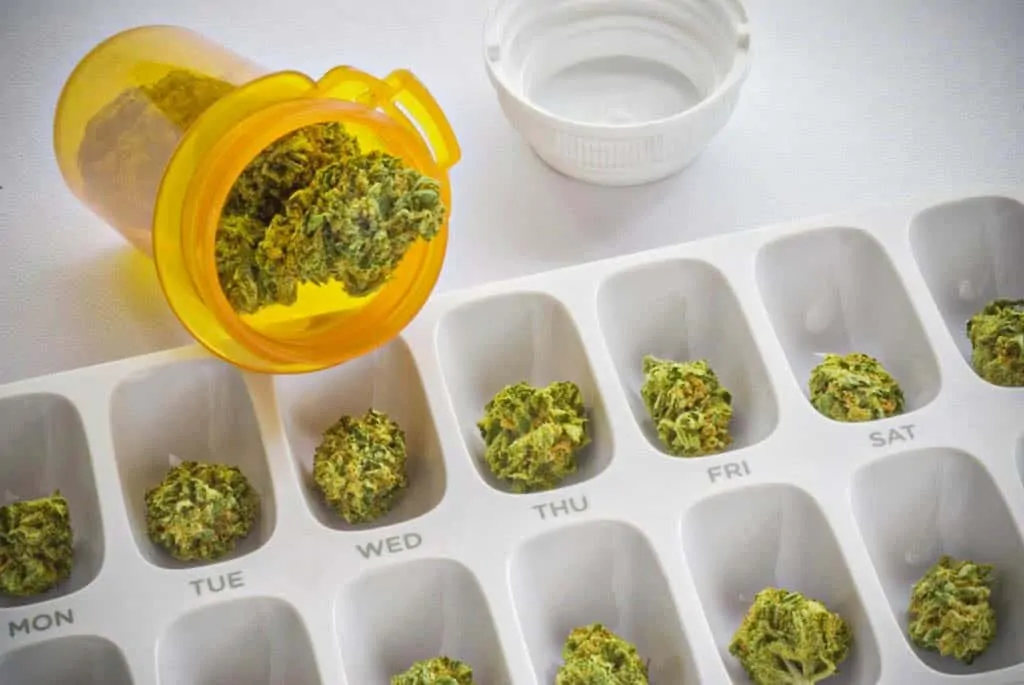
The reason why medical cannabis is called so is that it doesn't make the patients high — it's used to relieve pain, ease nausea, and treat some symptoms of some diseases like ADHD, rheumatoid arthritis, glaucoma, etc. There are lots of forms of MMJ (it's an abbreviation for medical marijuana), such as edibles, pills, extracts, liquids, etc. But even though this type of cannabis will not make you high, you still can't just go and buy it.
The thing is, all states have their MMJ programs. Some states accept out-of-state authorizations, some don't. The qualifying conditions are different for each state, so there are lots of nuances to consider if you’re going to start using it. That's not all you have to know — every first-timer has a lot of information to consider before buying his or her first edibles, cannabis oil, or buds. Which conditions does MMJ treat? What are the side effects of it? What should you know about cannabis laws and licensing? Read this full guide to find all the answers!
Medical Marijuana Program: What You Have To Know?
Marijuana is still illegal in the US. Well, at least federally it is — but most states have legalized it for certain medical purposes (some states have even legalized it for recreational use). The states that have legalized medical cannabis implemented the special Programs that provide access to MMJ. The programs differ in some areas, such as qualifying conditions, taxes, and age requirements.
The main purpose of any MMJ program is to determine the categories of patients that can get medical cannabis. To participate in a program, a person must be certified by a doctor (the doctor must participate in this program, too). There are four steps a patient has to take to take part: register on the Department of Health website, get certified by a practitioner, pay for a card (the price depends on the state, it's usually $80-$200), and then visit a dispensary with your ID card. The details might differ from state to state, but in general, you'll only have to take these 4 steps. You'll receive your card in 7-10 days after the order — after that, you can go to any dispensary in this state.
Which Conditions Are Treated With Medical Cannabis?
Both plants and extracts contain cannabinoids that affect serotonin release, have anti-vomiting effects, and stimulate the appetite. Some studies have also shown a drop in seizures after taking a drug that contains CBD. Here’s a list of the conditions that are treated with MMJ.
- Rheumatoid arthritis is one of the main health claims for MMJ because CBD can relieve pain (which is one of the most common symptoms of arthritis) and reduce inflammation.
- MMJ can also improve ADHD symptoms — some studies found that cannabis can cure the dopamine deficiency.
- Cannabis can decrease the risk of bladder cancer and help relieve bladder cancer symptoms.
- Several studies found that weed can help treat chemotherapy side effects, such as nausea. Cannabinoids can also slow the growth of certain types of cancer cells.
- People living with HIV can also buy MMJ. Marijuana can treat weight loss and manage pain, and these two symptoms are quite common in HIV patients.
- Individuals with spinal cord injury can also use MMJ to treat chronic pain.
- Marijuana also helps treat glaucoma — THC reduces intraocular pressure, and most types of glaucoma are caused by high eye pressure.
- Cannabis-based products are also used for the treatment of epilepsy because cannabidiol can help control seizures.
- According to studies, women who suffer from anorexia were less driven to be thin and coped with difficult emotions better during 4-week marijuana treatment.
What Are The Side Effects?
The most common side effects of MMJ are red eyes, dizziness, and rapid heartbeat. Some patients do also have fatigue, hallucinations, and panic. The good news is that you can't overdose on CBD, and according to studies, the biggest problem you can have if you overdose on CBD oil is getting sleepy.
FDA And Short History Of Cannabis Bills
The FDA has still not approved an application for marijuana for the treatment of any condition. However, that doesn't mean that it’s illegal in the US.
In short words, MMJ CAN be sold as long as it doesn't make any health claims. The CBD products can be sold without any legal problems if the company that sells these products doesn't make unproven claims. For example, in summer 2019, FDA warned Curaleaf — this company linked CBD to the effective treatment of Alzheimer's disease, which is an unsubstantiated therapeutic claim. This company fixed the problem immediately and had no problems after that.
In 1973, the Oregon Decriminalization bill was passed, making Oregon the very first state to decriminalize marijuana. 5 years later, in 1978, New Mexico became the first state that recognized the medical value of cannabis — 180 patients who suffered from cancer participated in the Lynn Pierson Therapeutic Research Program. The results of this program demonstrated the effectiveness of cannabis as antiemetics to be used in controlling the side effects of chemotherapy, such as nausea. Since that, 32 more states had similar programs and passed similar laws and bills, and more states are to come. At the moment, there are more than 1,000 marijuana bills — including the bills to create new MMJ programs, to create new legalization laws, and to modify regulations for existing licensing/advertising laws.
Legal Medical Marijuana States
Right now, 33 states and Washington, D.C., have legalized MMJ. and the remaining states have legalized the use of CBD oil extract. Such states as Wyoming and Kentucky have no MMJ program as of yet. The same applies to Nebraska and Indiana. Minnesota and Texas have the strictest MMJ programs, with only 11 approved conditions for Minnesota and only 8 (!) conditions for TX.
 Industry
Industry

.jpg)
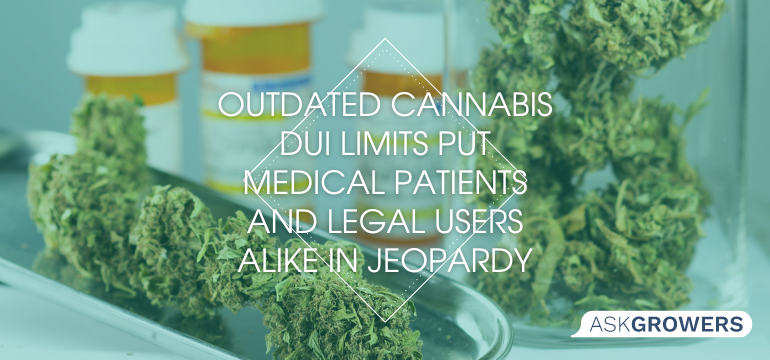
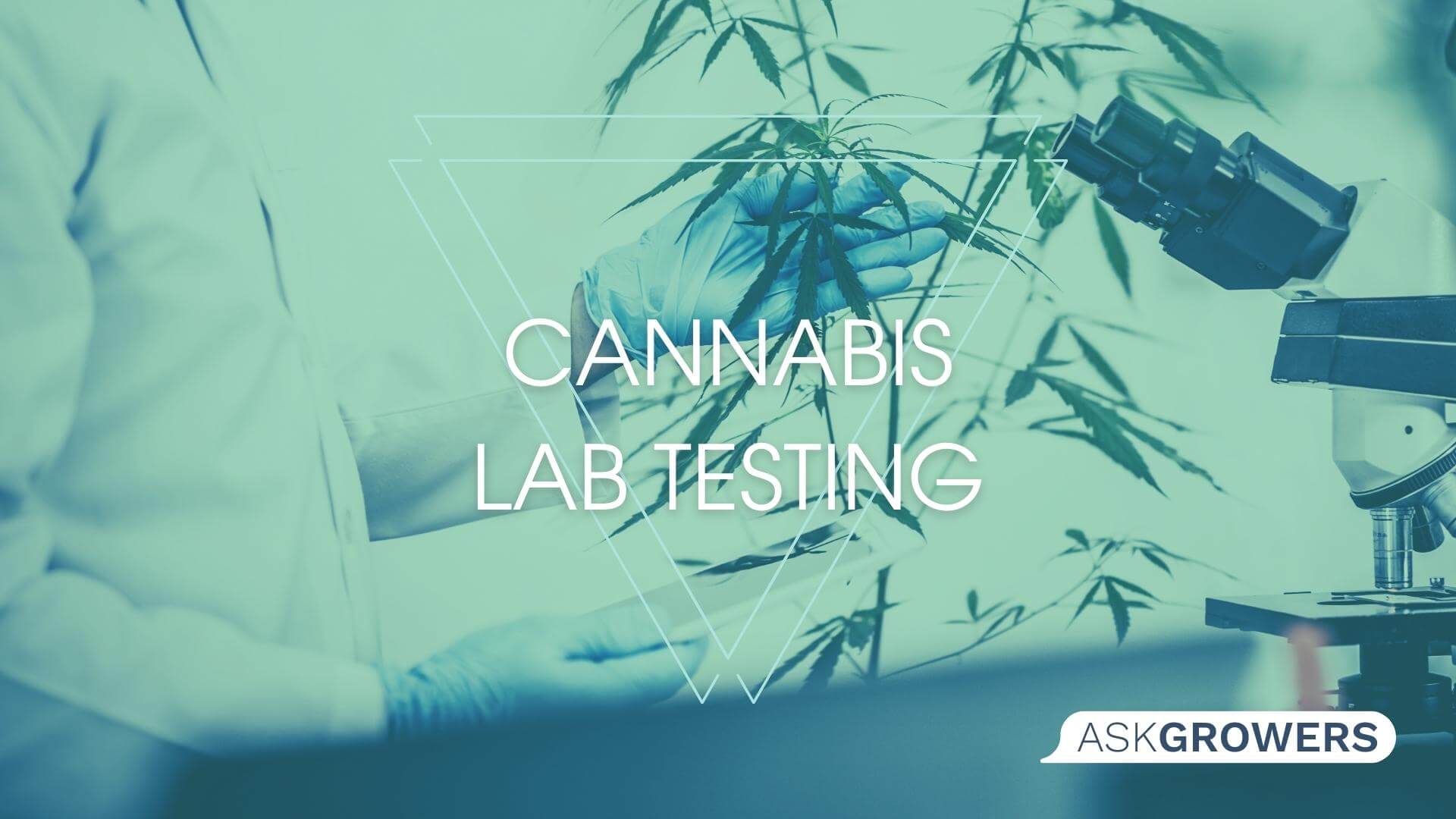

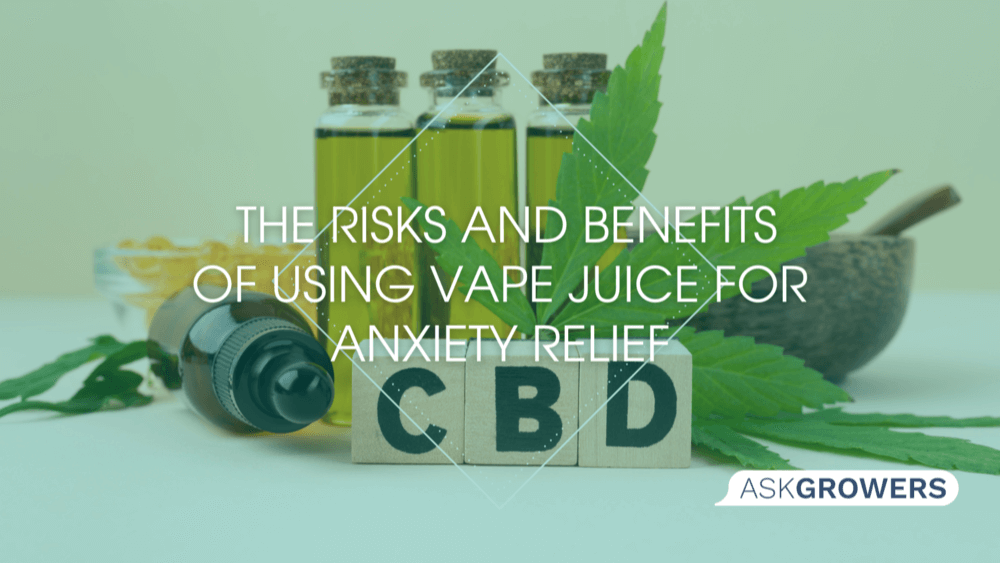

 (1).png)


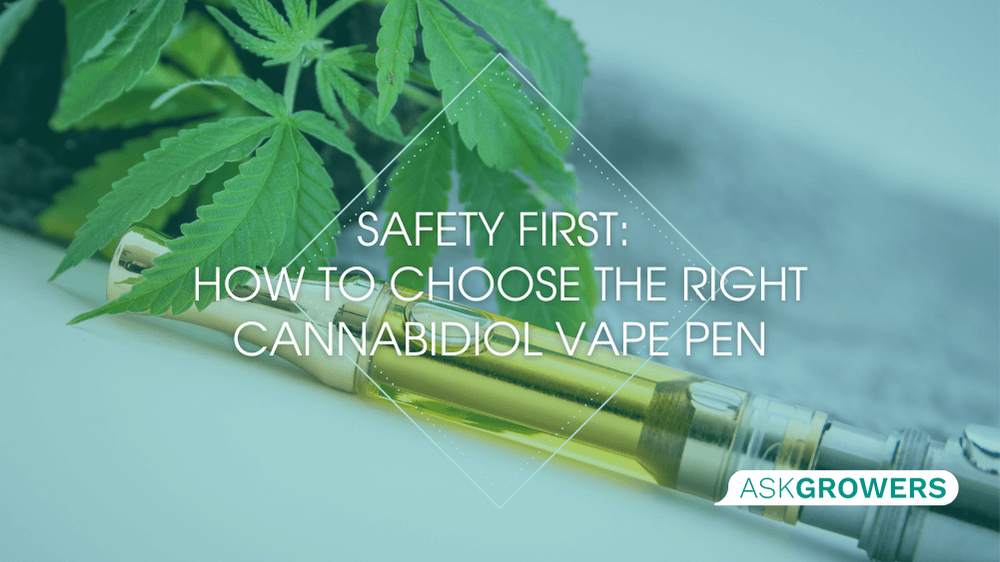
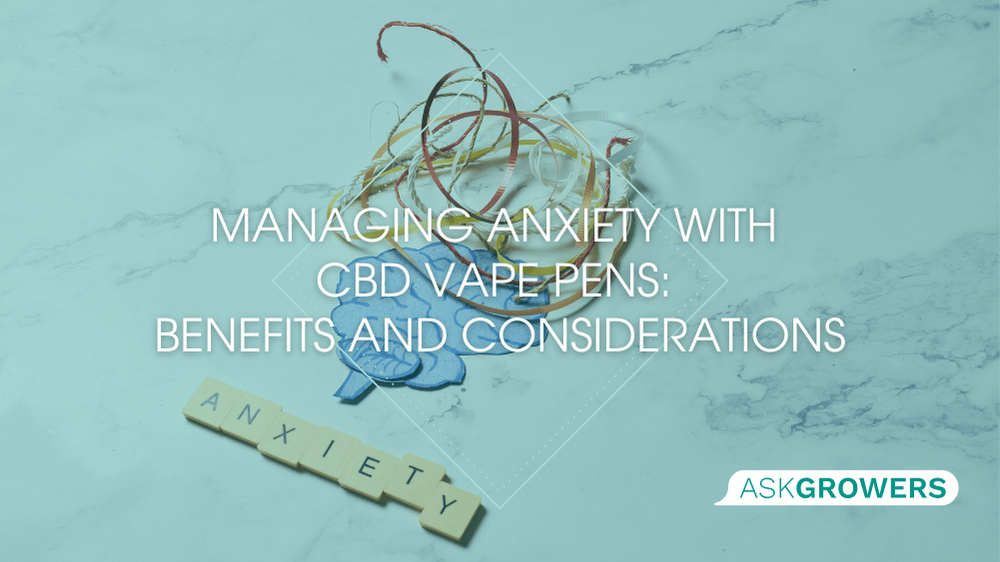
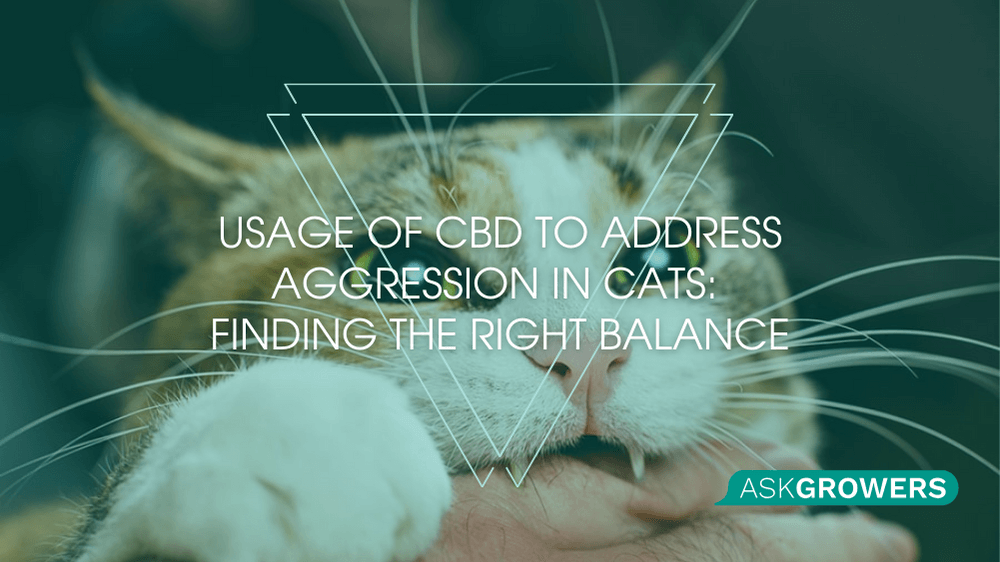
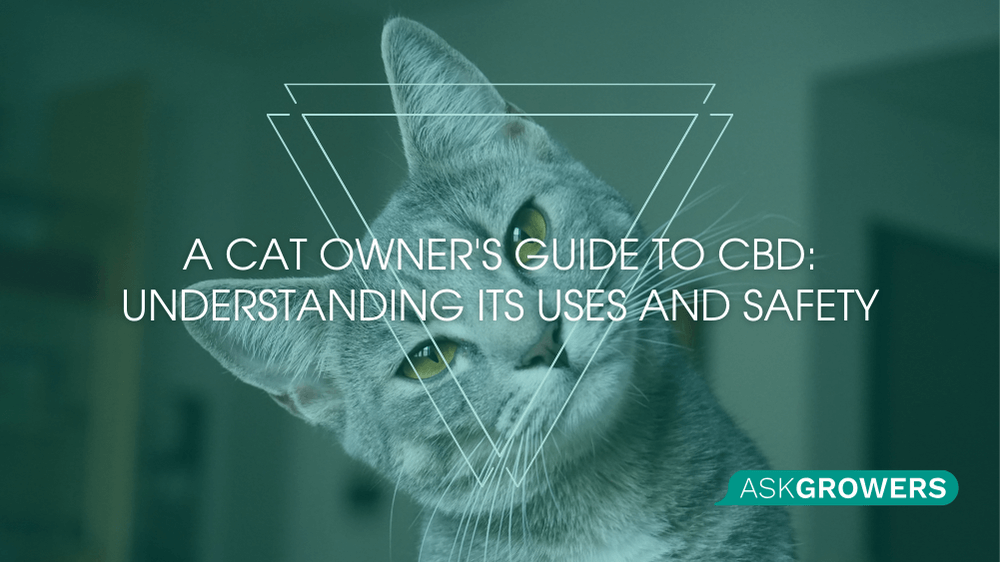
Be the first and share your opinion
Write a Review